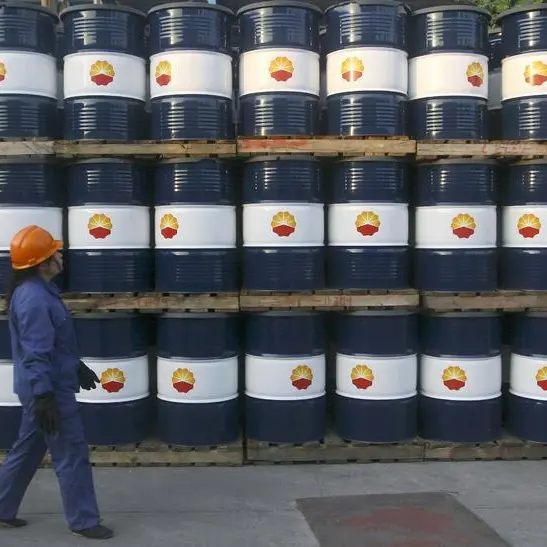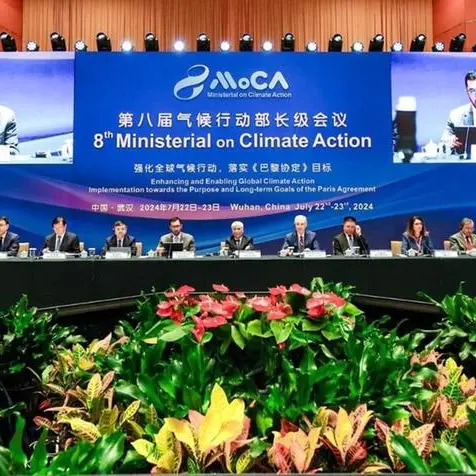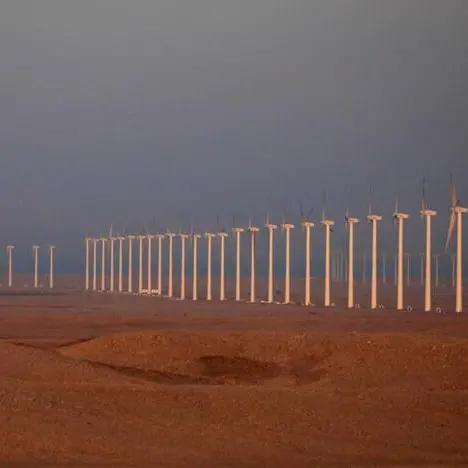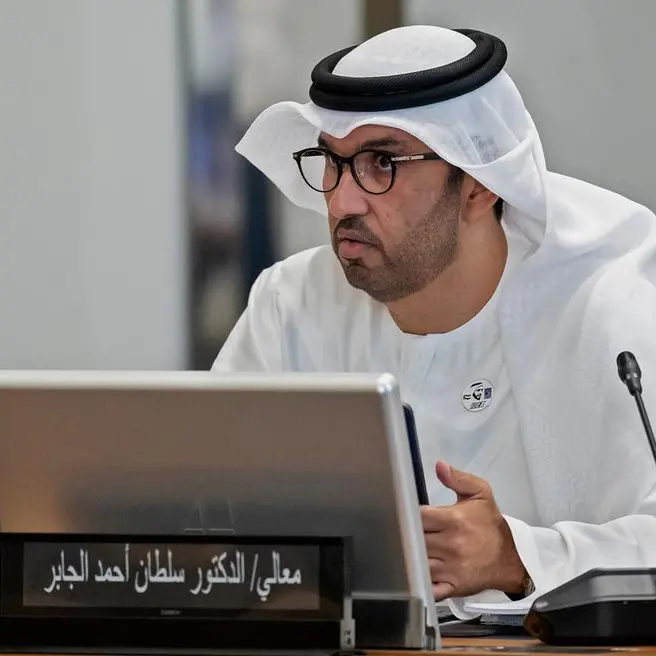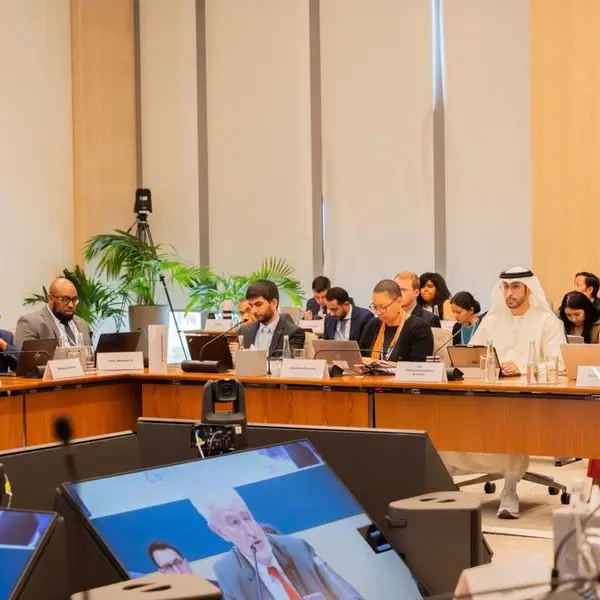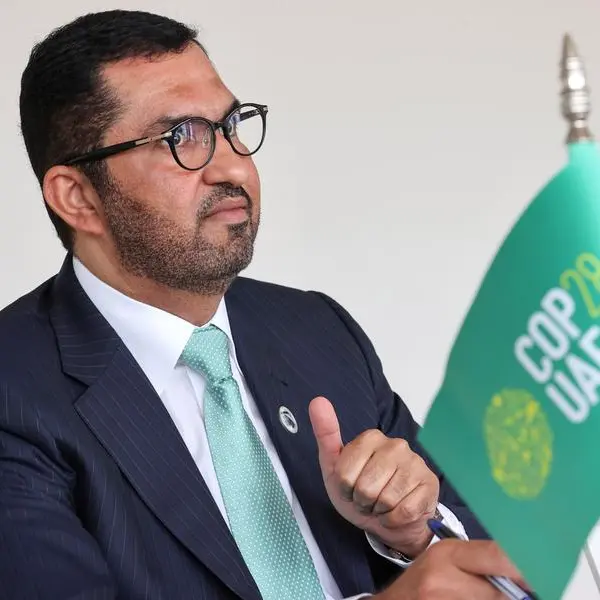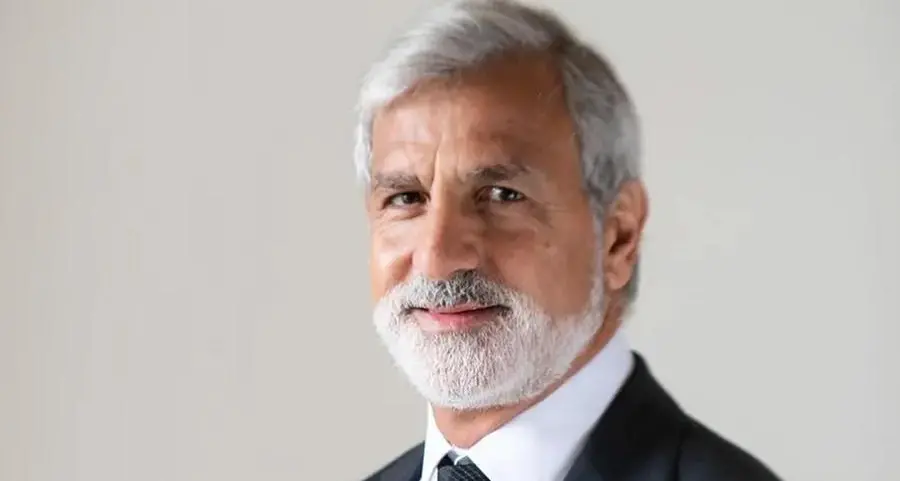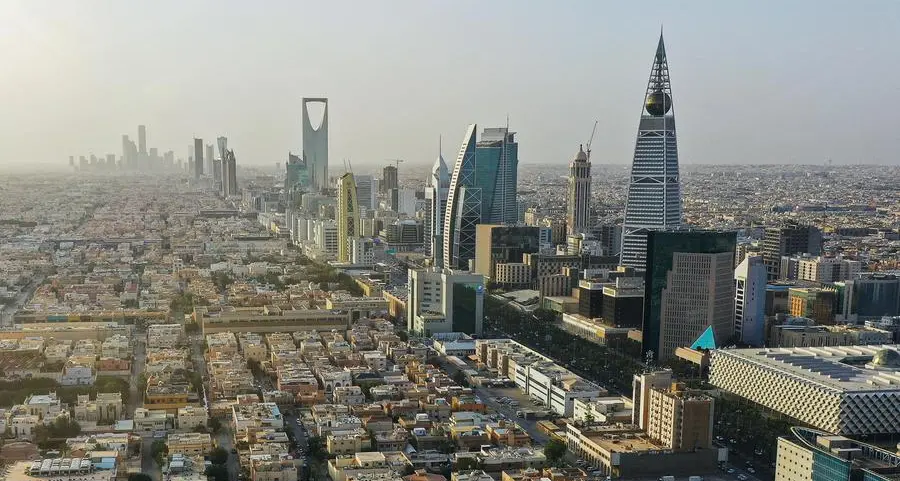PHOTO
With the COP28 climate summit drawing to a close on Tuesday, activists and negotiators are in agreement that trillions of dollars are needed to help developing countries combat the devastating effects of global warming and extreme weather conditions.
While the early victory of the Loss and Damage Fund, which was adopted on the first day of the conference, gave climate activists a reason to celebrate, it was the first of a long list of negotiations.
“Do you know that 97% of all natural disaster-related deaths occurred in developing countries,” said Harjeet Singh, Head of Global Political Strategy for Climate Action Network (CAN). Citing research by the Indira Gandhi Institute of Development Research, the climate expert and negotiator continued: “So obviously, we have reached a tipping point, where the demand is so huge....”
Singh, who is a part of CAN, a global network of more than 1,900 civil society organisations in over 130 countries that is driving collective and sustainable action to fight the climate crisis, has been actively pushing the cause for the Global South.
“Over the course of my work, I have met people from communities who have been forced to rebuild their homes eight times in short span. Do you know how difficult it is for a middleclass person to build their home even once in their lifetime? And here we are talking about people who are living near poverty,” he stressed.
Singh said it was civil society that has led the fight this far. “The fight for the Loss and Damage Fund, which was passed through on the first day of COP28, is decades old. If we are here today, then it’s because civic society has called out the hypocrisy. Countries that talk about phasing out fossil fuels, the rich nations, also have a track record of having the most emissions. Countries like the US, Canada, Australia, and Norway.”
Singh said the language of the text was central to the negotiations. “Donations from countries are welcome, but the money given to the Loss and Damage Fund cannot be voluntary. If there are floods in Libya or Pakistan, and a country is donating today, this is not a reason not to make funds available for the Loss and Damage Fund. This is where we need to distinguish, and the text has to get it right.”
The climate expert continued: “This also applies to private donations. If the private sector is contribution, a country’s government cannot count it as their money unless it is money collected through taxation.”
Ultimately, Singh says, the text needs to make it clear, ‘what should the cost of emissions be on societies?’.
“We need to see the typology of disasters; we need to look at the economic status, their geographical conditions and use it to create a trigger mechanism and which is tied to the resource allocation framework. And those conversations have already happened. But now is the time to make it more granular,” said Singh.
Quiz him about his hope for the outcome and Singh remained optimistic. “It is definitely not going to take 30 more COPs to get a positive outcome. Since Sharm El Sheikh and COP27, the conversation has sped up. And while I don’t appear hopeful for the Loss and Damage Fund to collect more than $800 million by the end of COP28, we have generated the political will to bring a victory home.”
According to country pledges, the Loss and Damage Fund has collected $655.9 million by December 8, with the UAE, France, Italy and Germany leading with $100 million plus in commitments.
(Reporting by Bindu Rai, editing by Seban Scaria)

